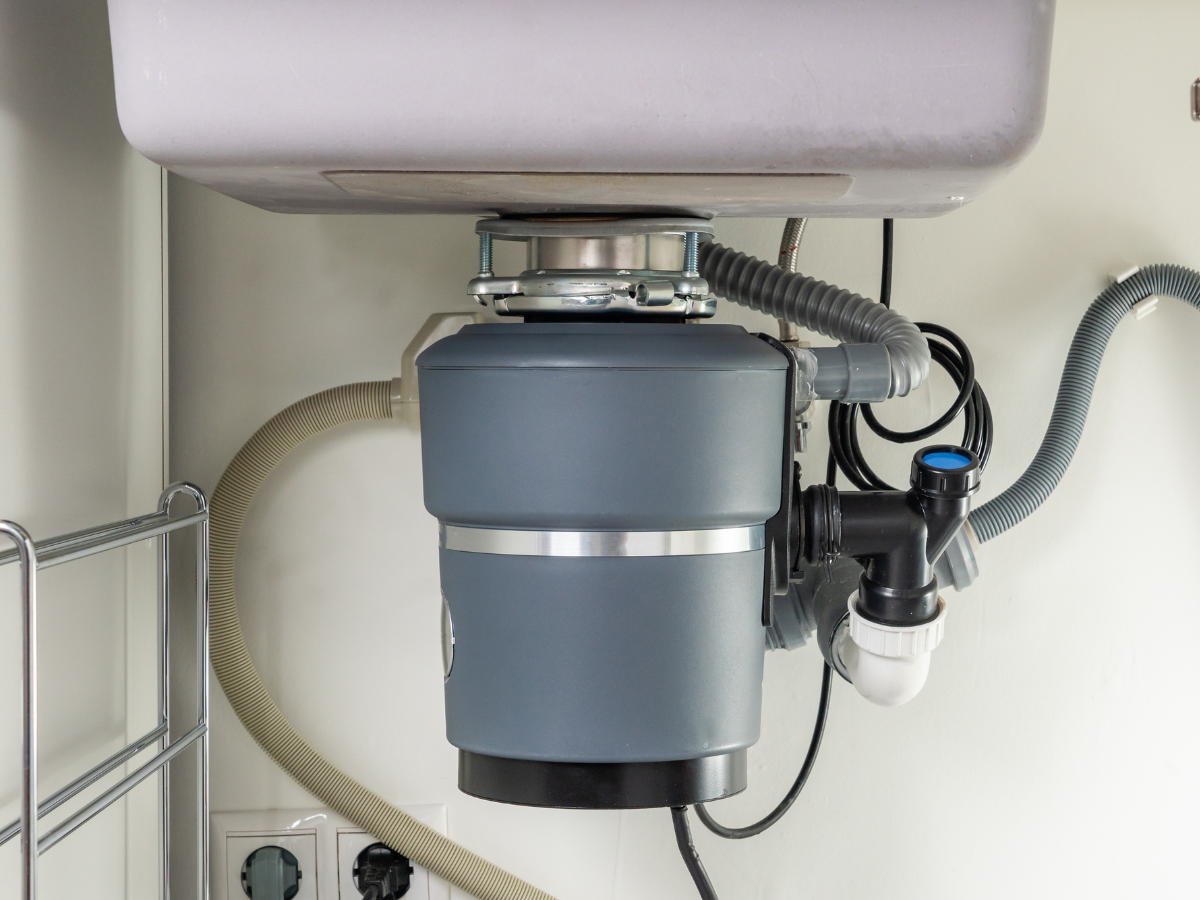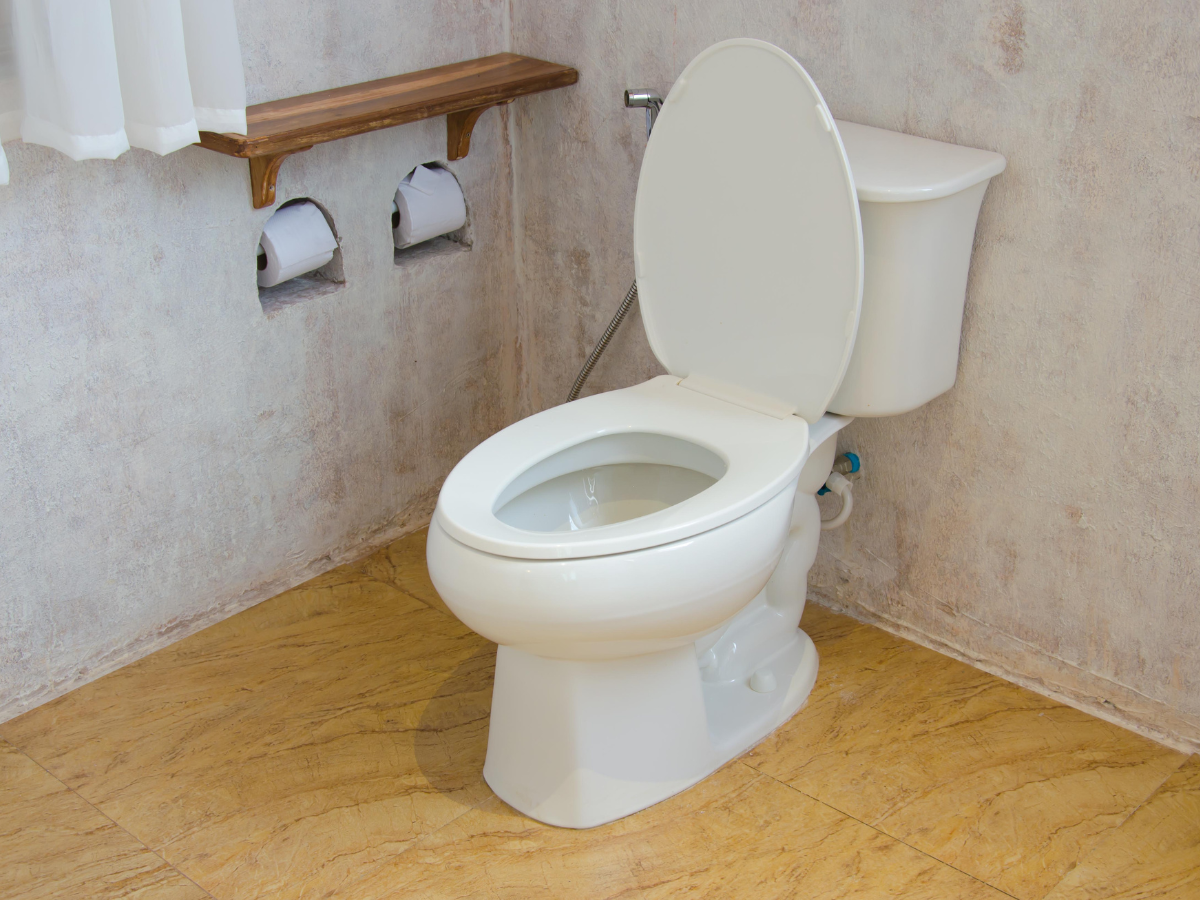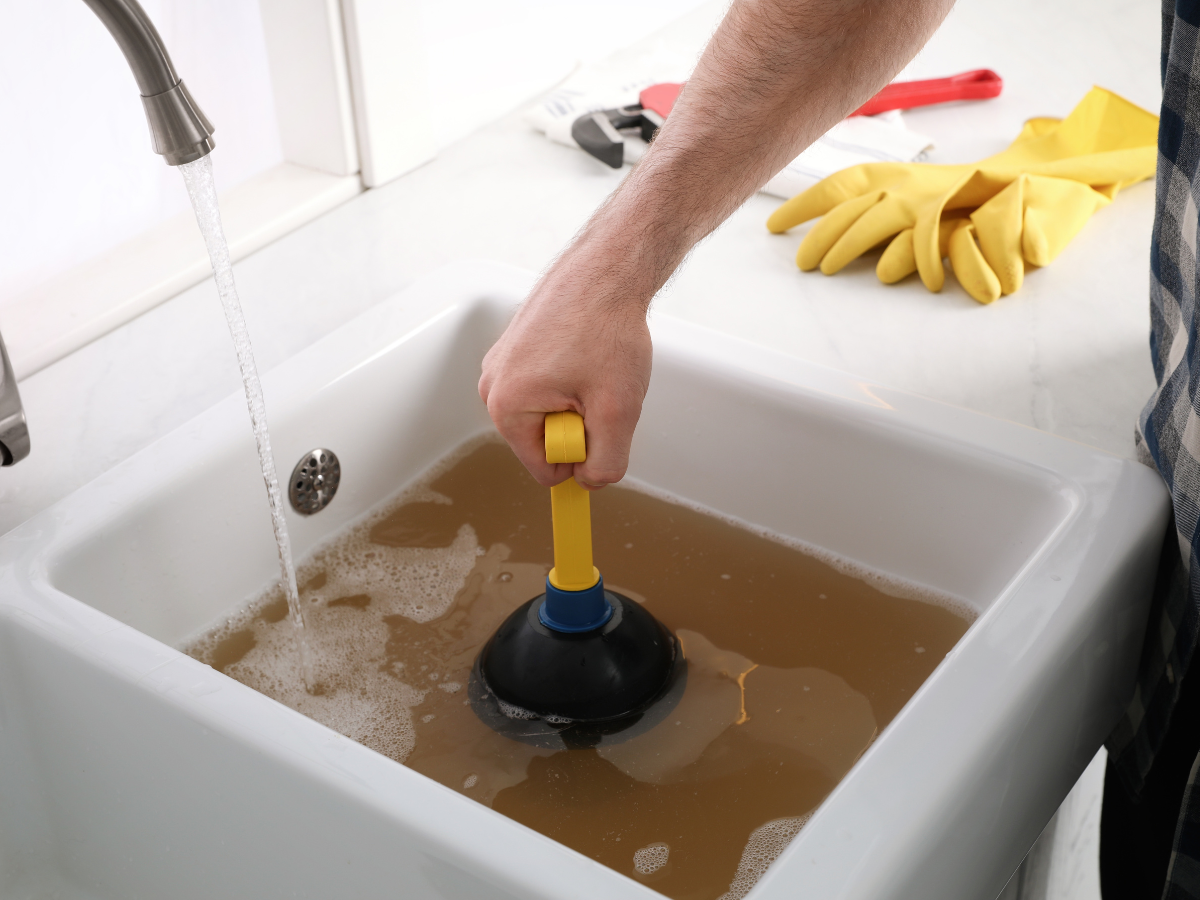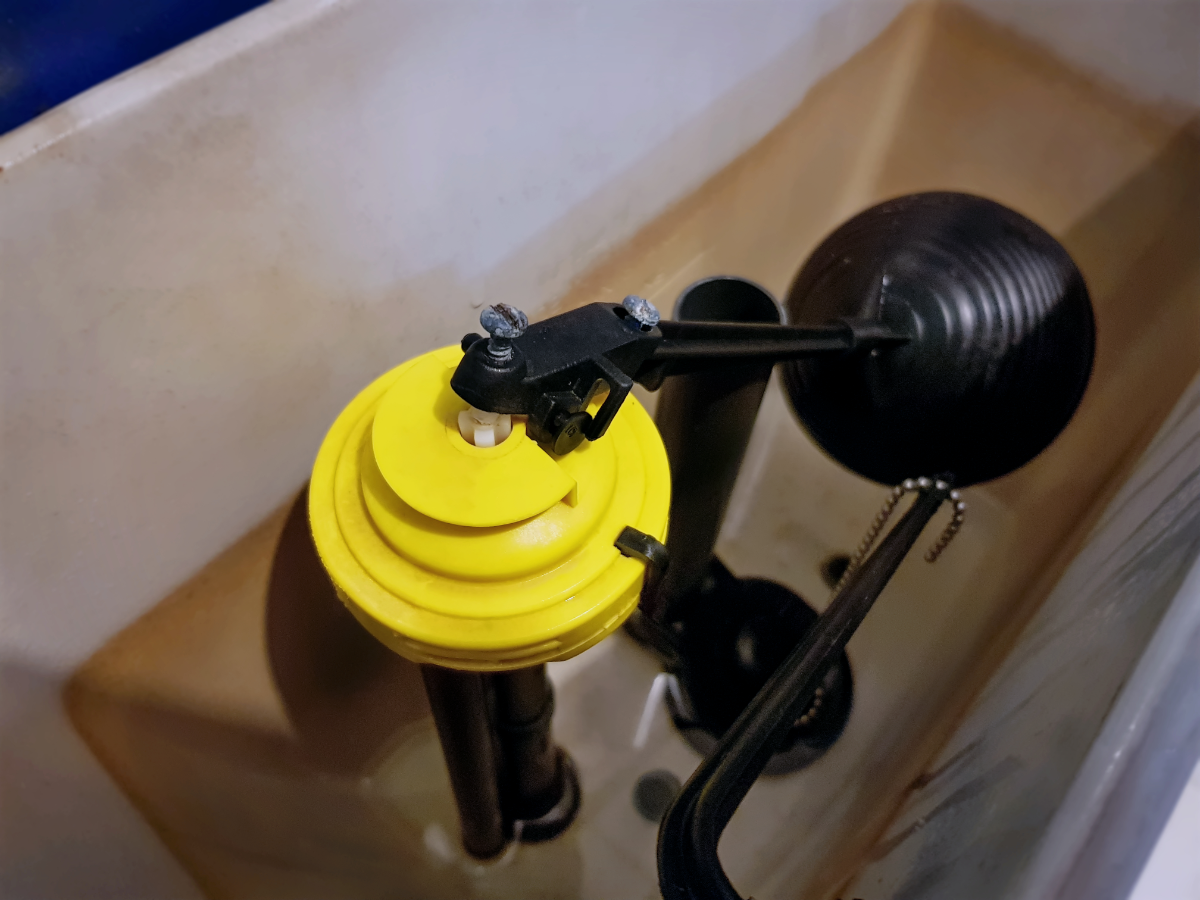Dealing With A Leaking Sewer Pipe in the Basement

Welcome to Full Speed Plumbing’s blog, where we offer expert advice on all things plumbing! Today, we will walk you through dealing with a vexing issue many homeowners encounter – a leaking sewer pipe in the basement.
Thankfully, our reliable service team has got your back. With our guided steps, you can manage this issue confidently. Let’s dive right in and steer clear of those unwelcome plumbing surprises!
Recognizing the Signs of a Sewer Pipe Leak in Your Basement
Identifying the signs of a sewer pipe leak early can save you from a potentially disastrous situation. Prompt detection and action can prevent an irritating problem from becoming a major and costly home repair.
Here are the telltale signs that indicate a sewer pipe leak in your basement:
- Unpleasant Odors: An off-putting sewage smell is one of the first signs of a leaking sewer pipe. The scent of raw sewage is potent and unmistakable. If you pick up on this nauseating aroma, it could signal a leak.
- Water or Sewage Backup: If your kitchen sink, bathtub, shower, or toilet is experiencing backups frequently, it’s a red flag for a potential sewer line issue.
- Mold Growth: Sewer leaks create a damp environment in which mold thrives. If you notice an unexpected mold outbreak, particularly along walls or floors, it may be due to a leaky pipe.
- Increased Humidity: A sewer line leak can raise the basement humidity level. If the basement feels unusually humid or the air feels moist, it might be time to inspect the sewer pipes.
- Cracks in the Foundation: Over time, sewer leaks can erode the soil around your living space, which can cause the foundation to crack. Address these issues promptly to prevent further structural damage.
- Sounds of Running Water: Finally, if you hear the sound of running water even after all the plumbing fixtures have been turned off, there may be a leak somewhere.
5 Steps to Take When to Detect a Sewer Pipe Leak
Here’s a quick step-by-step guide that you can use after you’ve spotted a sewer pipe leak in your basement:
Step 1: Assess the Situation
First off, take a deep breath. It’s crucial to maintain composure and assess the situation calmly. Try to locate the leak’s source and the extent of the damage. If the leak is minor and contained, you can manage it temporarily. But remember, any sewer line leak, no matter how small, warrants a professional inspection.
Step 2: Protect Yourself and Your Family
Safety must always come first while dealing with a sewer leak in your basement. The health risks associated with exposure to sewage are severe. Ensure everyone in the house knows the leak and keep a safe distance. It’s also recommended to evacuate the area around the leak, especially for children, elderly members, and those with weakened immune systems.
Step 3: Contact a Professional Plumber
Next, you need to get in touch with an emergency service that specializes in plumbing leaks. Handling sewage leaks on your own is not advisable, given the potential health risks and the complex nature of plumbing systems. Provide the plumber with as much information as possible about the leak and its location. Doing this will help them get the job done efficiently.
Step 4: Review and Document the Damage
While you wait for the plumber, start documenting the damage. This could be crucial for insurance claims. Take pictures of the affected area and any property damage. Do not attempt to clean up the wastewater, as this might further contaminate the area or pose health risks.
Step 5: Notify your Insurance Provider
Finally, notify your home insurance provider about the incident. Depending on your policy, the costs for repair and cleanup might be covered. Remember to provide them with your collected documentation and cooperate fully to ensure a smooth claims process.
The Health Risks Related to Sewer Leaks
Exposure to leaking sewer pipes can lead to a wide range of harmful health issues. Here are some health risks related to sewer leaks you should be aware of:
- E. Coli: This bacteria is commonly found in sewage and can cause serious health issues if ingested, including severe stomach cramps, diarrhea, and vomiting.
- Salmonella: Often associated with food poisoning, Salmonella can also be present in sewage waste. Exposure can lead to symptoms like fever, diarrhea, and abdominal cramps.
- Pinworms: These small, white, parasitic worms can lay their eggs in the soil around sewage leaks.
- Hepatitis A: This highly contagious liver infection is caused by the Hepatitis A virus, which can be found in sewage water. It can lead to fatigue, sudden nausea, abdomen pain, especially on the right side beneath the lower ribs, and jaundice.
Remember, addressing sewer leaks immediately is vital to reduce these health risks and ensure your family’s safety. Stay safe, and don’t hesitate to reach out to your local health department or a professional plumber if you suspect a leak.
Call in the Pros at Full Speed Plumbing If You Notice a Sewer Leak
At Full Speed Plumbing, we cannot stress enough the importance of professional intervention when dealing with a sewer leak, even if you have a background in plumbing or construction.
Such situations’ complexities and potential health hazards make DIY solutions risky and usually insufficient. Based in the Mount Vernon, Washington, community, our team of experts has the training and certification required to help you tackle this issue and provide high-quality customer service.
Remember, a timely response can avert major repairs and health risks. Don’t wait until the problem escalates. If you notice a sewer leak, take immediate action. Schedule a service call with a Full Speed Plumbing technician – Mount Vernon’s number one choice for handling plumbing emergencies.
Contact us today for prompt and reliable service. You can count on us to speed over and get your home back in full swing after an emergency sewer pipe leak!






